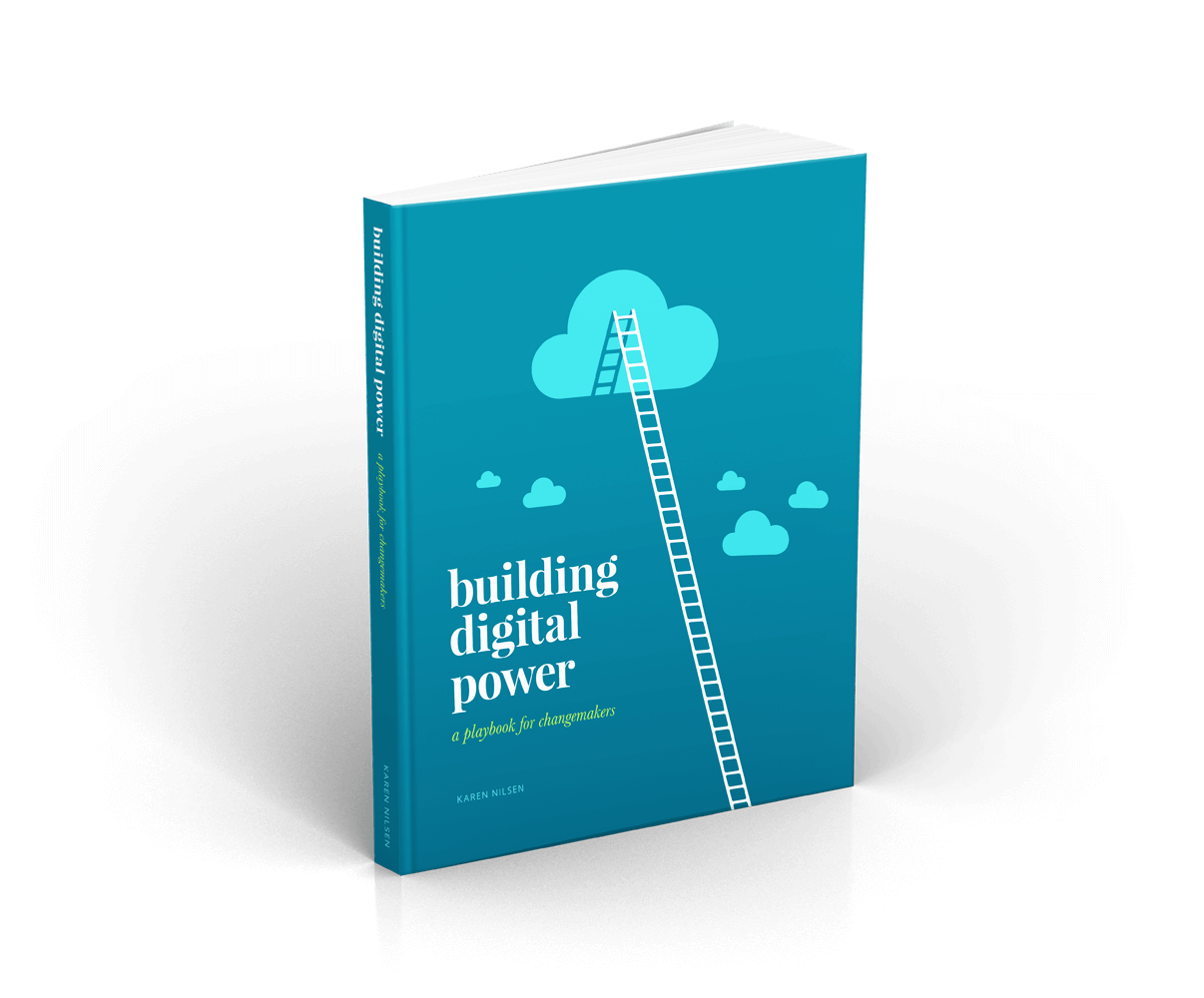Here’s Why You Should Be a Rule Breaker
Technology moves at light-speed. Every day, smart people are pushing the boundaries of digital design, user experience, and communication. If we hope to change the world, that needs to include us.
Learn to break the rules—occasionally and intentionally
True innovation requires risk. Someone always has to be first. Someone needs to be the one to attempt the thing that has never been attempted before. No instruction manuals. No guarantees. It’s going to get uncomfortable. Lean in; the pathway of innovation is littered with both breakthroughs and spectacular failures.
Accept that you might fail
It’s impossible to be truly innovative without accepting that sometimes you will fail. Approached constructively, ‘failure’ is simply the discovery of a new signpost that points you closer to the pathway of success. Use testing methodologies to learn from failure and manage the risks of innovation.
Unlock more digital strategy secrets.
Free eBookBreak rules with intent
You must first learn the rules before you can appreciate the significance of successfully breaking them.
Know why a ‘rule’ works; understand what you stand to lose by breaking it. Then consider ways to compensate for its loss or meet that need in new ways. This lets you test hypotheses and see the mechanisms that underpin breakthroughs so that you can better learn from, share, and replicate them.
Some rules you might consider stretching (or breaking):
- Always lead with a strong headline
- Always place clear action indicators above the fold
- Always respect minimum and maximum email frequency thresholds
- Never hide key information within a video that doesn’t appear elsewhere on the page
There are good reasons why these rules generally work. But that doesn’t mean that new approaches won’t reveal hidden rules or unexpected breakthroughs. We’re all wired for novelty. That can work in your favor.
Share your learnings and breakthroughs
Following all the ‘rules’ is the safest way to keep your digital strategy on the rails. But you’ll never know how far you can push the boundaries until you try. Either way, you’re guaranteed to learn something!
And when you do, share what you learn. With someone. With your team. With your colleagues and with colleague organizations.
The insights in this series come from a mix of established theory, intentional testing, and anecdotal experience. It’s about sharing what we found works. But contexts will vary. If there’s anything here you’ve tested that didn’t work for you, I’d love to know. Reach out!
Putting more ideas out into the world gives us more opportunities to reality test our assumptions and build our movement’s collective knowledge.
So we can all do more good, more quickly.
How (and When) to Build a Geo-Fence
If you’ve ever been annoyed by a website that stopped you from watching a video because you’re in the ‘wrong’ country ... you’re probably familiar with geo-fencing. This tactic gets a bad rap. Chances are, you encounter...
2 minute readIf you’ve ever been annoyed by a website that stopped you from watching a video because you’re in the ‘wrong’ country ... you’re...
Continue →Get a free weekly digital strategy tip:
Unsubscribe any time. We respect your data. View the privacy policy.
Like this tip? Share it!






